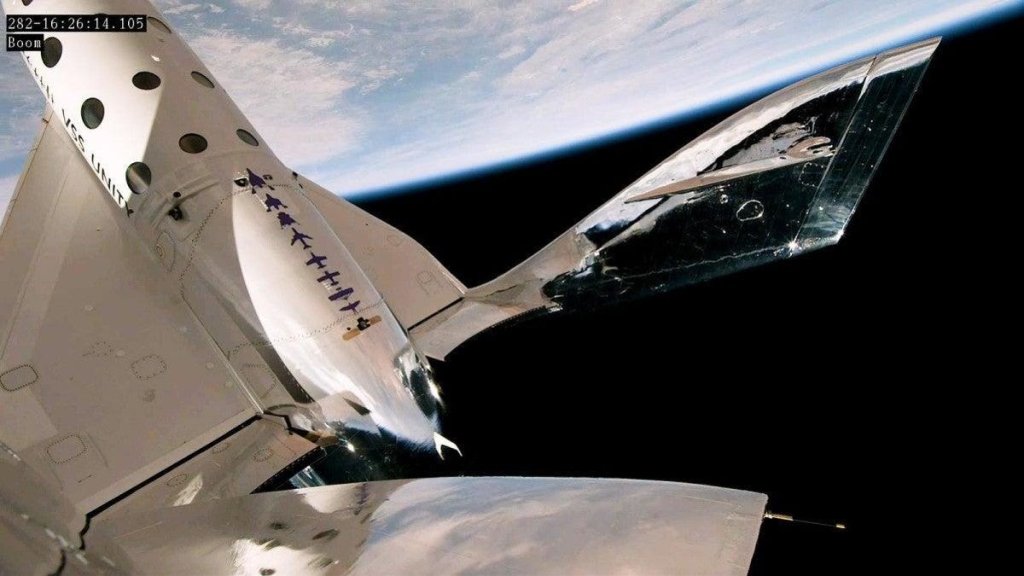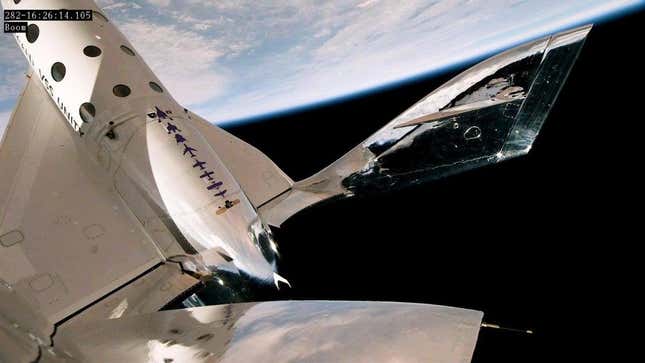Boeing Demands Virgin Galactic Destroy All Data From Its Failed Space Tourism Partnership

Boeing Demands Virgin Galactic Destroy All Data From Its Failed Space Tourism Partnership (Image Credit: Gizmodo-com)

There’s new drama in the space industry. Boeing filed a lawsuit against Virgin Galactic, accusing it of retaining trade secrets that the two companies had exchanged while working to develop a new mothership, which is still in development.
On Friday, Boeing asked a federal judge in Alexandria, Virginia, to issue a court order blocking Virgin Galactic from further using proprietary data that was shared between the two companies as part of an agreement in 2022, according to the complaint. Boeing is accusing Virgin Galactic of “retaining, using, and threatening further use of trade secrets” that belong to the company and its Virginia-based subsidiary, Aurora Flight Sciences, the complaint read.
In July 2022, Virgin Galactic announced an agreement with Aurora to design and manufacture its next generation mothership. The mothership is used to carry a spaceplane and release it at an altitude of 44,500 feet (13,500 meters) above the ground. Virgin Galactic is in the process of developing a new generation spaceplane, called Delta, to carry space tourists to suborbital heights at a more frequent pace.
The company is also working on an upgraded version of Eve, Virgin Galactic’s current mothership model. This enhanced version is designed to be quicker to produce and easier to maintain, aiding the company in scaling up its operations. Virgin Galactic wants to begin flight tests of the first Delta spaceplane in 2025 and to start launching commercial crews on the new vehicle in 2026. It’s not clear where the company stands with its new mothership design, but things did not work out with Aurora on that end.
The lawsuit claims that Virgin Galactic kept intellectual property related to the development of the mothership, refusing to honor a contractual promise to destroy two sets of trade secrets. “Boeing developed these trade secrets over decades of engineering, testing, building, and flying aircraft,” the complaint read. “Virgin Galactic’s ongoing, unauthorized retention and use of these trade secrets to develop a new Mothership deliberately deprives Boeing and Aurora of their exclusive property rights and imposes irreparable harm by risking exposure to other competitors, after which the information cannot retain its secret status.”
“We believe this lawsuit is wrong on the facts and the law, and we will vigorously defend ourselves in the appropriate forum,” a Virgin Galactic spokesperson said in an email. In response to a request for comment, Boeing said that the company has nothing further to add.
Richard Branson’s space venture launched its commercial trips last summer, with the first crew taking off on June 29, 2023. Virgin Galactic’s seventh commercial flight recently launched in January, marking the first time all four seats aboard its VSS Unity spaceplane were occupied by private astronauts.
Virgin Galactic is hoping to see more profits with its Delta vehicle, with each spaceplane costing between $50 to $60 million to produce and an estimated lifetime of 500 flights. With six passengers on board, each paying $450,000 per ticket, that adds up to $2.7 million in revenue for each flight while the operating costs per flight add up to around $400,000. That means the potential profit for each suborbital trip is $2.3 million.
Delta can launch with the Eve carrier, but a new mothership would still come in handy for Virgin Galactic’s plans to step up their suborbital trips.
Correction: A previous version of this article stated that the Delta spaceplane required a new mothership in order to launch. Actually, Delta can be launched from Eve.
For more spaceflight in your life, follow us on X and bookmark Gizmodo’s dedicated Spaceflight page.








